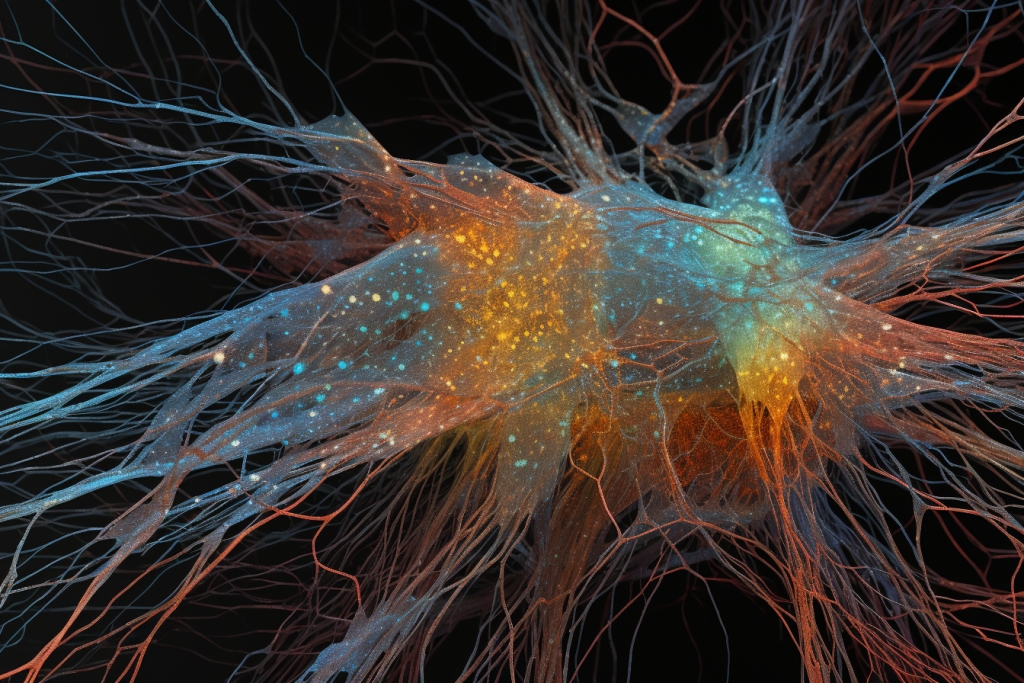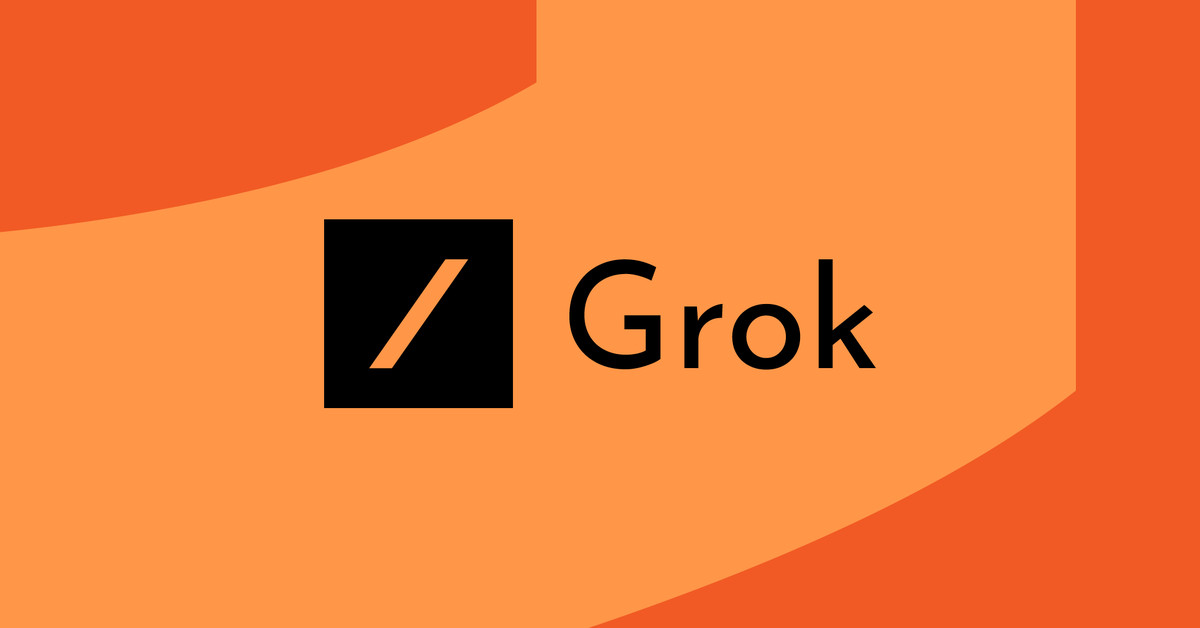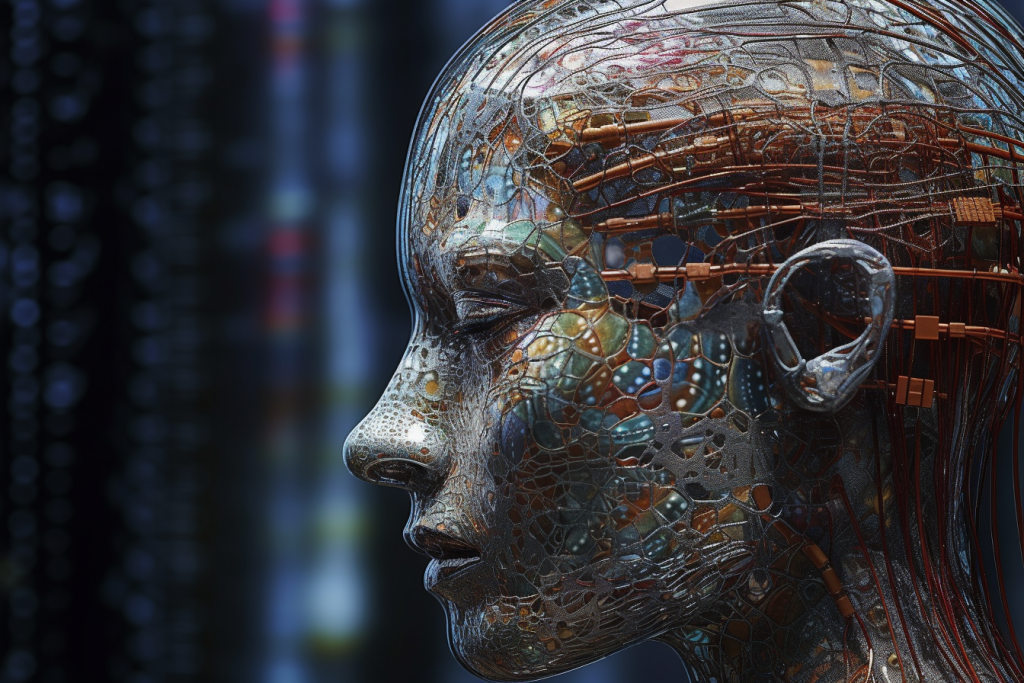This is a continuation of a programming tutorial, specifically focused on building a simple chatbot using Python. The text provides an overview of the concepts covered in Part 2, including:
- Functions: A block of reusable code that performs a specific task. Functions allow for better organization, reusability, and readability in our code.
- Loops: A programming concept that allows us to execute a block of code repeatedly. Loops are essential for handling large amounts of data and repetitive tasks.
- For Loop: A type of loop in Python that iterates over a sequence (like a list, tuple, dictionary, set, or string).
- While Loop: Another type of loop in Python that executes a set of statements as long as a certain condition is true.
- Chatbot: A program designed to simulate conversation with human users, especially over the internet. Chatbots can be rule-based or use machine learning to provide more complex interactions.
The tutorial then builds upon these concepts by introducing:
- A simple conversation function:
def chatbot(): user_input='' while user_input !='quit': user_input=input('You: ') print(f'Chatbot: You said '{user_input}'') - A predefined response system:
responses={'hello':'Hi, there! How can I help you today?','how are you':'I'm an AI, so I don't have feelings, but thank you for asking!','what's your name':'I'm a mini Chat-GPT developed by OpenAI.'}
The tutorial concludes by highlighting the importance of mastering basic concepts in Python and AI development. It also provides a preview of what to expect in Part 3, where machine learning and natural language processing will be introduced.
Some possible next steps or follow-up questions based on this text include:
- How can we integrate machine learning into our chatbot?
- What are some common use cases for chatbots?
- How do we handle user input and convert it into a format that the chatbot can understand?
- Can you provide more examples of functions and loops in Python?





